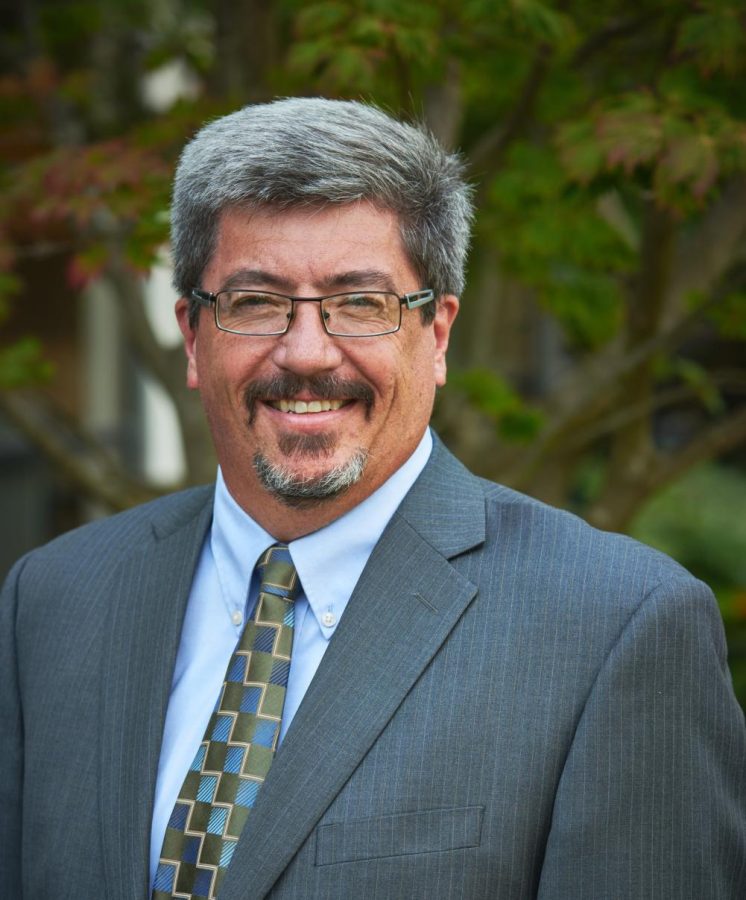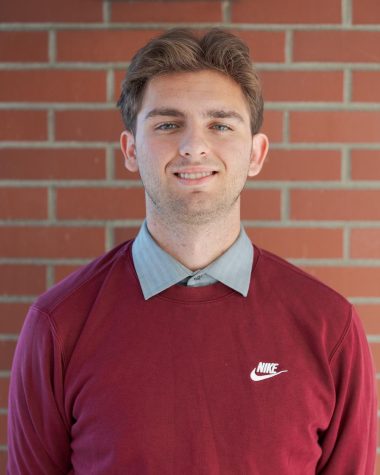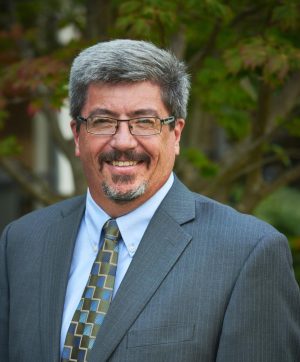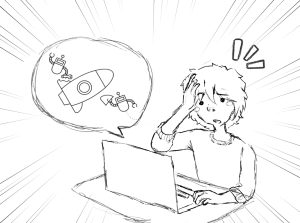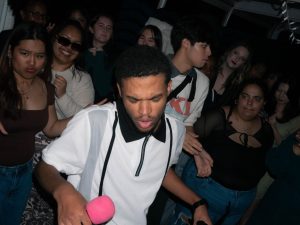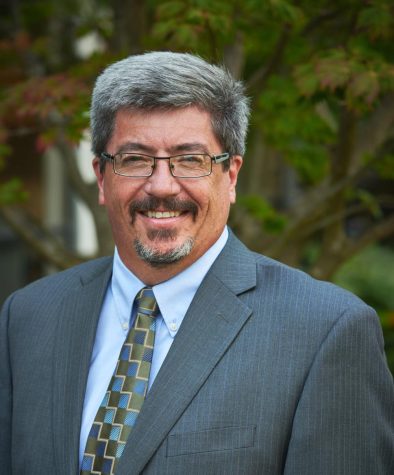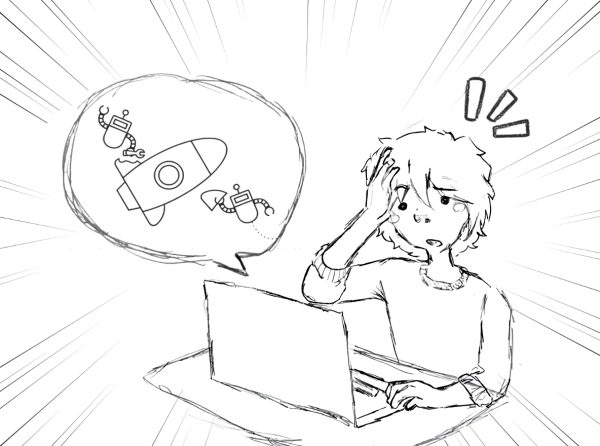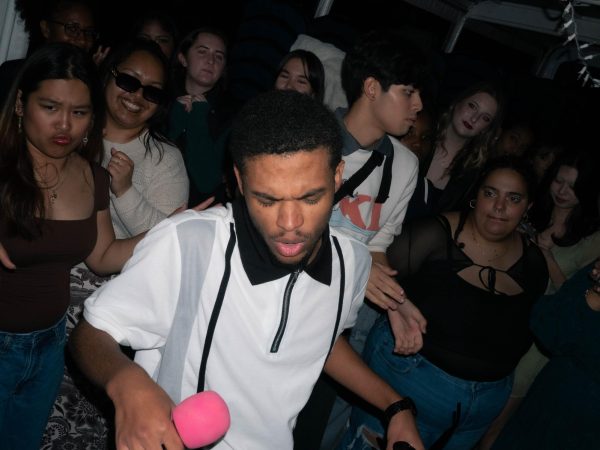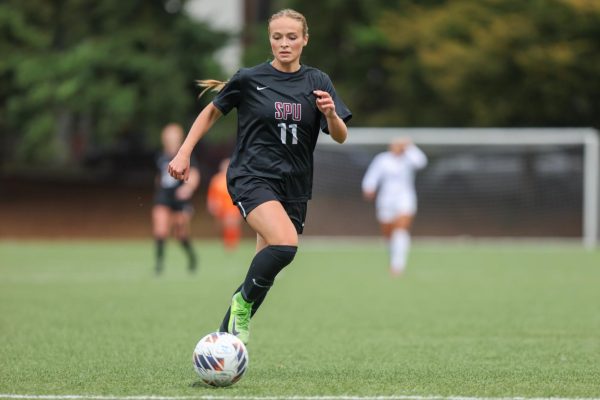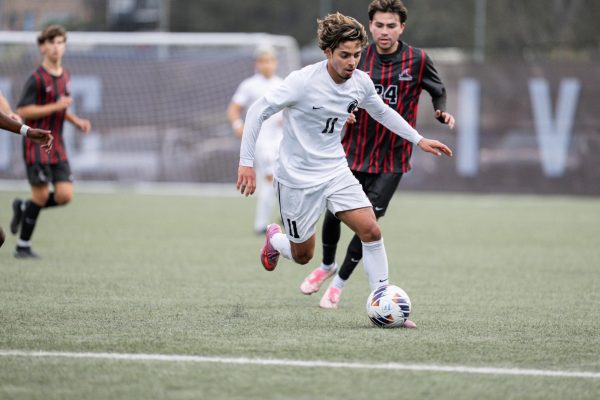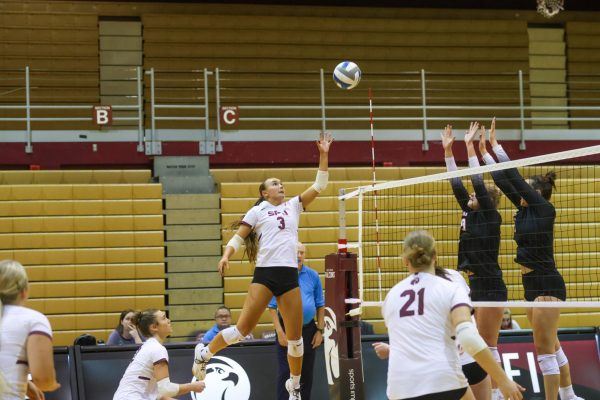New provost accepts SPU’s 2020 Challenges
Getting to know the new provost and her plans for the future of SPU
September 9, 2020
When Laura Hartley accepted the job of Provost in February of 2020, she was unaware of the immense challenges SPU and the world would be faced with as she assumed her responsibilities.
In the two months since Hartley has taken over the provost position at Seattle Pacific University, she has been tasked with helping to solve the many problems and crises that have enveloped the campus related to the many events and crises during the sweltering hot summer of 2020. From the fight for social justice, to preparing SPU for in person classes and residency in the middle of a pandemic, Hartley has been busy in reshaping the SPU campus.
A Sacramento, California native, Hartley attended Wheaton College in Chicago for her undergraduate years. It was at Wheaton where Hartley found her first passion.
“My original plan for my life was to be a missionary,” said Hartley over zoom. “We (Hartley and her husband) both completed master’s degrees with a plan to go overseas after that, but for a whole variety of reasons that door did not open for us.”

After pit stops at Lesley University in Boston, Eastern University in Philadelphia and six years at George Fox, Hartley began looking for the next step, and found her fit at SPU.
In late May, Seattle Pacific students composed an email to faculty demanding the administration to recognize racism on campus in light of the 2020 Black Lives Matter Movement, ignited by the murders of George Floyd, Breonna Taylor, Elijah McClain, and many others throughout America’s history. These recent murders have brought the issue of racial inequality and injustice under the national spotlight once again. Hartley sees herself as someone who wants to bring change to SPU.
“Some of the things that brought me here include a really active commitment to diversity, reconciliation, and justice” said Hartley. “This is still a predominantly white institution, leadership is predominantly white, though not entirely, so I’m very aware of my own position of privilege, so being able to talk to members of our constituency who are themselves white, and say actually, ‘this is an issue that we all need to work on together.’”
While the fight for social justice is a critical issue that Hartley and the rest of the SPU administration will have to answer questions about, for possibly their entire collective tenures at SPU, it has been the immediate problems revolving around the COVID-19 pandemic, and how to bring students on campus in the midst of its reign over society, that has been taking up most of Hartley’s time.
Hartley believes that having in person classes is safe, and the right move for SPU given the current data and circumstances.
“If at any point we feel it is not safe for our community to be together in face to face classes we will make that call,” said Hartley.
“But right now our best judgmenti8 says the approach we’ve taken in terms of letting faculty teach in modalities that are most comfortable for them, lets students choose to learn in modalities that are most comfortable for them”
As students come back on campus, they will be asked to make the most out of a new college experience. Social distancing will be emphasized as gospel, and masks will be as mandatory as shirts and pants. Campus will be socially distant, out of necessity, yet with all these changes to combat the virus, Hartley understands that mental health cannot be left on the backburner.
“It’s a challenge for all of us, but particularly for college-age students,” said Hartley. “This pandemic has disrupted a lot of plans, college is not a very long period of time… so a disruption like this represents a significant portion of one’s college experience, so I think even those students who don’t already struggle with a lot of mental health issues, are feeling those challenges.”
Life at SPU this fall will mirror the same strangeness and unpredictability that has taken over many other aspects of life over the last six months. Hartley knows that this year will be a struggle, but is still hopeful for success.
“A success is that we made it, that we are still standing, hopefully, a year from now we will have had significant enough breakthroughs in the health-related portion of this crisis, that returning to campus in the fall of 2021 can look a little more normal,” said Hartley.

